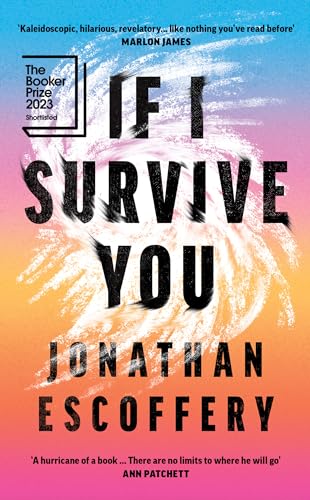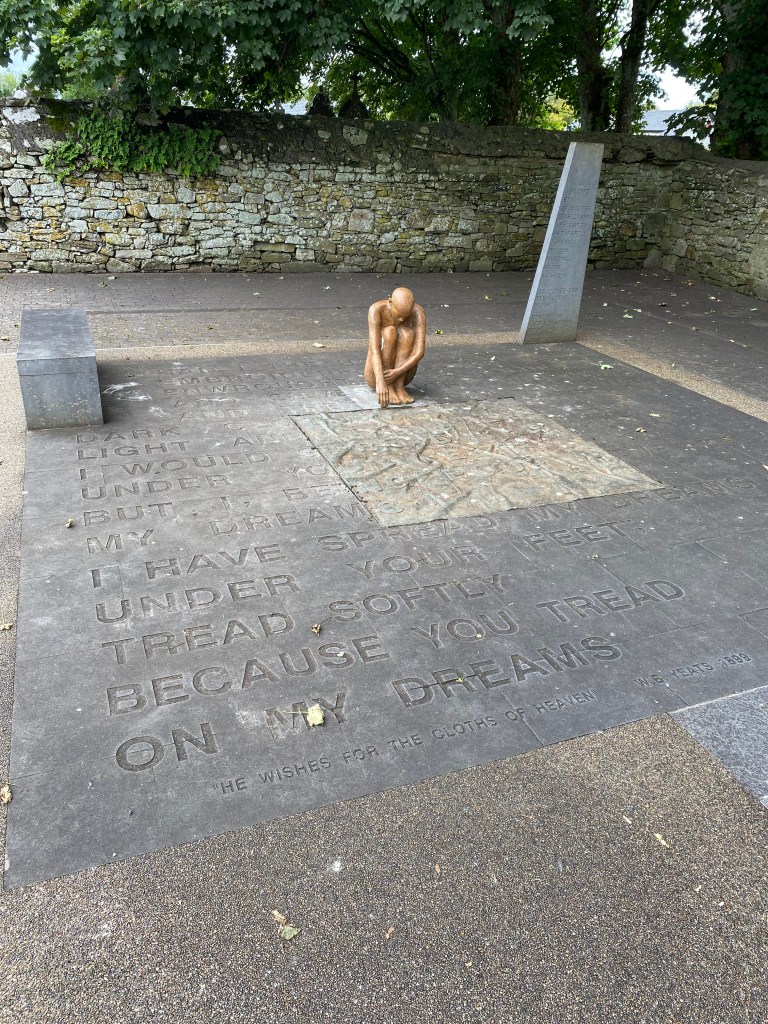I had a strange reading summer – rather than go sequentially through the various titles I planned to read, I was juggling half a dozen or so simultaneously. It sort of worked – I had different books for different moods – but it meant that it took me a long time to get through each one. Hence, it’s taken me a while to get through all six books on the Women’s prize shortlist. Demon Copperhead felt like a fairly constant companion. I listened to it on audio and it’s long. But that was okay, because it’s stunning and I didn’t want it to end. You know when you get one of those books that you grieve for once the reading experience is over? Well, Demon Copperhead was one of those for me. It’s a well-deserved winner of this year’s Women’s Prize for Fiction, a stand-out piece of work in what was a very strong field. This was my penultimate read from the six shortlisted titles so I hadn’t read it when it was announced as the winner.
Demon Copperhead is a modern-day re-telling of the Charles Dickens classic David Copperfield. The broad plot of that novel, as you may be aware, is that we follow our hero from infancy to maturity, from inauspicious beginnings, fatherless and later orphaned. David is sent to various schools and institutions where he is treated badly, but somehow survives due to his own determination and intelligence. David marries early, but his young wife dies soon after. Only then does he realise his love for the daughter of one of the few benign guardians in his life.
Barbara Kingsolver turns this Victorian bildungsroman into a story of a modern American tragedy setting her novel in Virginia, one of the most deprived and left-behind parts of the United States (and where she has made her home). Demon lives with his drug and alcohol addicted mother in a trailer, his father having died before his birth. The trailer is on land owned by the Peggot family, whose son ‘Maggot’ is Demon’s close childhood friend. The Peggots take Demon on a short break to visit their daughter June in Tennessee, one of their few children who has made something of herself and therefore a rare role-model for Demon. On their return home, Demon finds that his mother has married her cruel and violent lover Stoner.
Demon’s mother relapses and he is sent to a foster-carer, a tobacco farmer whose motives for fostering are dubious at best, though it is convenient for the social services department to overlook this because he takes on their most difficult to place cases and has several other teenage boys living with him. After the death of his mother, Demon is sent to a different foster family, the feckless McCobbs who have entered into fostering merely to obtain income to meet their significant debts. They fail to meet Demon’s most basic needs for food and clothing and force him to sleep on a mattress in their laundry room. Eventually, Demon decides to run away from the McCobbs and finds his way to his paternal grandmother’s home, a woman he has never met. She undertakes to ensure he is cared for, however, and arranges for him to live with the husband of one of her former foster-children (who died of cancer) and his daughter Agnes.
Demon finally seems to have found himself in a good situation with decent people who care about him…but we are only halfway through the book. Hard to believe, but the worst is still to come. There have been hints throughout of what is to befall our hero: his mother’s addiction problems, the drug-dealing of the much-admired leader of boys at the tobacco farm, ‘Fast Forward’, and the portrayal of a certain hopelessness about life in this part of the country. Demon will inevitably become sucked into what is surely one of the most heinous scandals perpetrated by the pharmaceutical industry, the oxycontin crisis that continues to wreak havoc and destroy lives on an industrial scale in parts of the USA.
The story continues, darkens further. It is not a read for the faint-hearted and yet you cannot stop because as the reader you have become invested in this powerful central character, our narrator who speaks directly to us. We feel his pain.
Kingsolver follows the plot of David Copperfield faithfully, keeping many of the names and adapting others, the cleverest for me is U-Haul, the modern-day Uriah Heep who Kingsolver imbues with similarly odious characteristics. It is heartbreaking to think that things we thought belonged to a past century, cruelty and neglect towards children, the suffering of people born poor, are still with us.
Taking on a re-telling of a book like David Copperfield, considered by many to be Dickens’s finest novel, was an act of awesome ambition but Kingsolver has accomplished her task with aplomb and created a true tour de force of a novel.
Highly recommended.





















